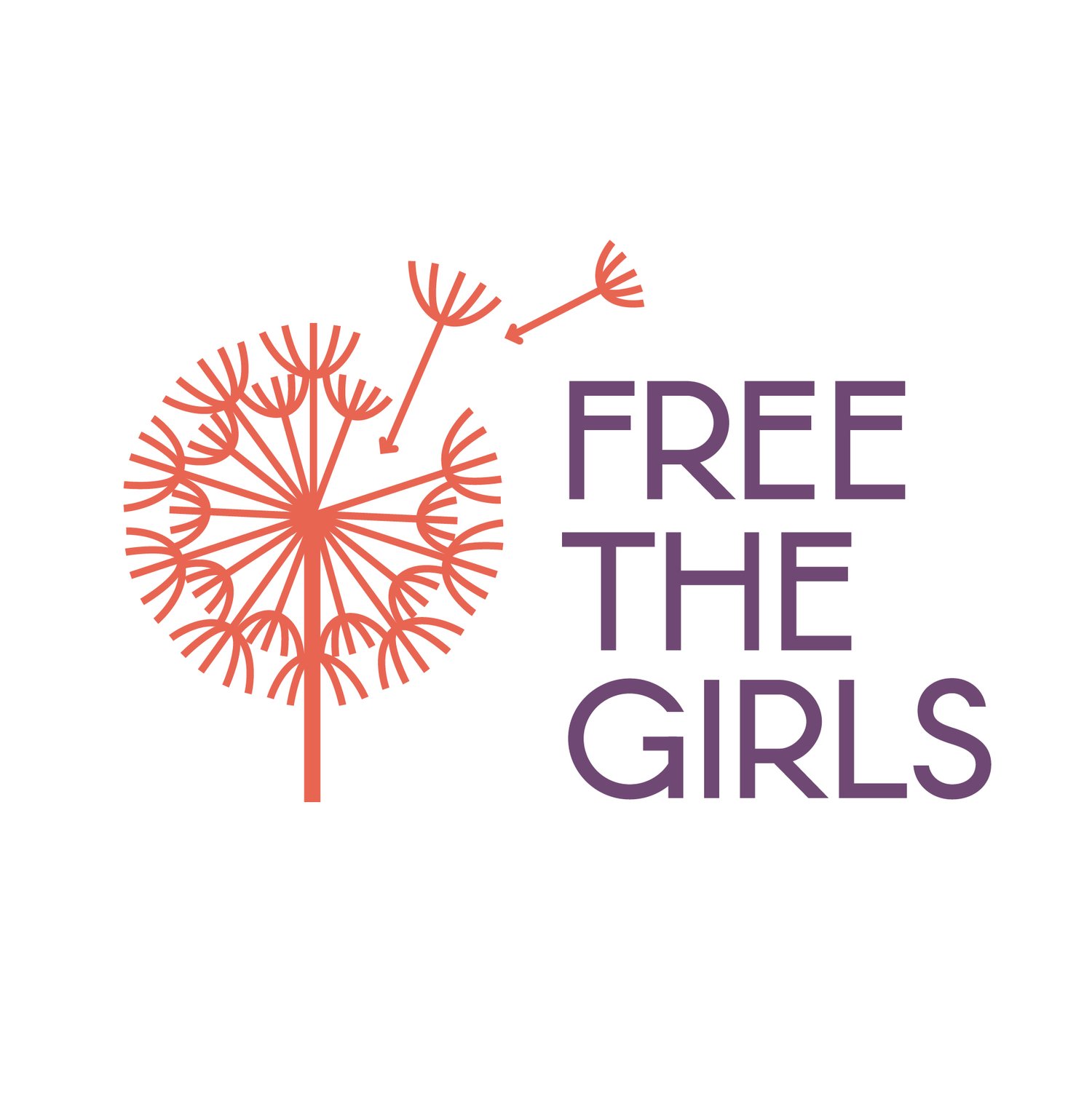Freedom!
Ooooh – we do love a day to talk about independence and freedom!
These are two ideas that are discussed at length frequently. When we work with survivors and partners who live in countries currently under police regime with suspended constitutional rights or live in countries under dictatorship with no real freedom of press or in countries with histories of civil war or genocides, it makes us even more passionate about working towards freedom on the individual level.
But how do survivors define freedom? It’s obvious but worth the reiteration that survivors are unique individuals with their own ways of understanding and defining such terms – this is not a homogenous group – but there are themes that arise when the conversation turns this way.
One theme is that of choice. Many of us would assume that people who have lived in oppression and exploitation, in forced sexual situations, would define freedom as being away from the brothels or the street-corner or the gaze of the pimp or madam. But we have listened to many survivors define it as much deeper.
Freedom is being able to choose:
Where one sleeps
What one eats
Whom one has sex with
If one even has sex that day
What clothes to put on
What vocation one has
What one’s future looks like
What one does in one’s free time
What rest looks like
Whether to have children
How to care for one’s children
Where to live
And this list goes on….
C was born into an abusive family in extreme poverty in Costa Rica. She became a teen mom twice over and, in her early 20s, due to the economic consequences of the Covid pandemic, was forced into prostitution by way of her mother. She became pregnant with her third child. But then, she found a program that assisted her with immediate needs. And then she became connected to FTG. In the past two years, C has chosen different FTG courses to take, enrolled in different vocational trainings, and has been employed with two different businesses before finding the ideal fit for her - a dignifying, sustaining job working as a saleswoman in a local grocery store chain. She now has her own apartment where she lives with her three children - a safe home which has always been her dream. Our team member on the ground said, “She is empowered and capable, making her own decisions and making her dreams come true, slowly but surely, little by little.”
From the simple “do I want creamer in my coffee this morning” to “should I consider a career change” – many of us make more decisions per day than we realize. One estimate is that the average US adult makes 35,000 conscious decisions every day!
This is not to say that victims of trafficking have zero choices. They are not automatons or robots; they still retain their individuality and consciousness. But often they have choices made for them - This is what you’ll put on and where you’ll stand today. Or their situation offers two terrible options – Bring in this much money or your and your kids are out on the streets - and is it really a choice when there’s only a single option that saves you or your loved ones from violence? Or there’s only one option available due to their history – With my lack of job history and having two kids, no one will hire me - what will I do? And sometimes, they just can’t see the options in front of them, and feeling as if one has no choice, often makes a person act as if they have no choice.
This is also not to say that it is only people outside of the US who are experiencing these types of situations. But for many of us reading this blog, we do have a multitude of choices that we get to make.
And that’s the heart of FTG.
Giving options, putting choice into the hands of survivors AND trusting their decisions.
We do not require any woman to “do the program the ‘right way,’” meaning if a woman chooses to not participate in our jobs skills courses, we respect her decisions and keep it as an available option for her in the future. If a woman decides that she wants to pursue a certain vocational stream, using her well-earned money to invest into classes that she’s passionate about, we do not try to talk her into something that we can provide instead. We walk through options with them, we talk through difficulties and act as a support system as the women navigate the difficulties of surviving as a survivor.
And we choose to do this each and every day. It doesn’t mean it’s never difficult – but it is worth it.
And so many of you choose to invest in these women as well. You choose to read our newsletters and our blogs, you choose to donate your finances throughout the year or even monthly through our Seed Collective, and you choose to continue educating yourself and your community about the realities of human trafficking and surviving as a survivor.
So when you make a choice today, not matter how massive or how inconsequential – from iced coffee or iced tea to should I marry this person – stop a moment in gratitude for the freedoms you get to exercise and use that gratitude to propel you towards helping others also live in the reality of individual freedom.


